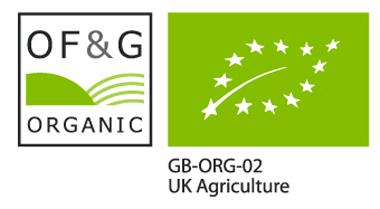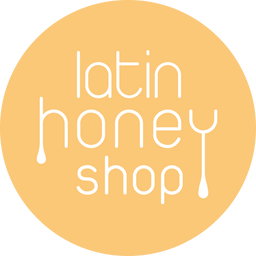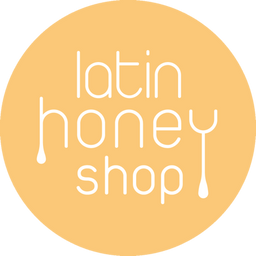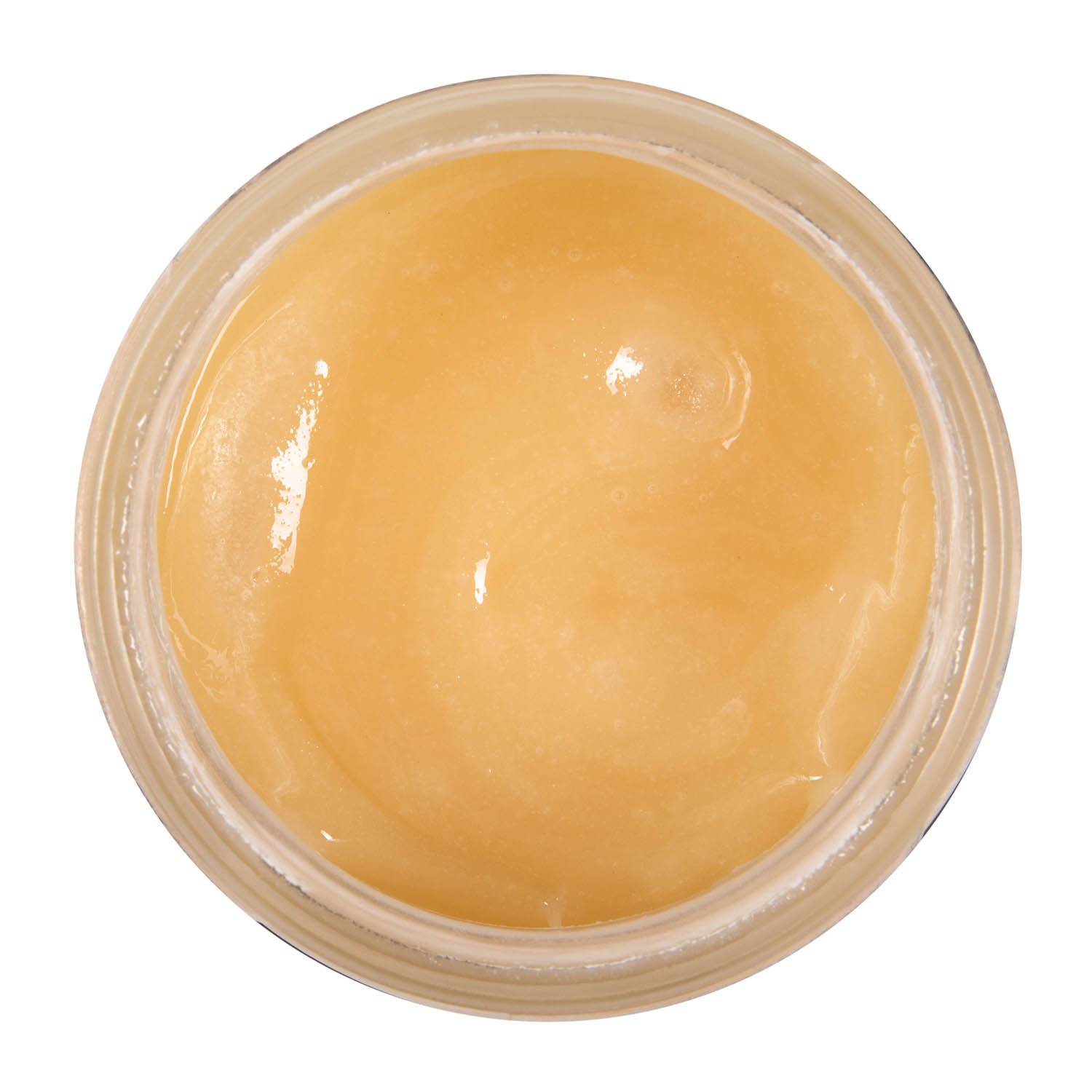 Raw honey. Organic honey. Pure honey. Active honey. Manuka honey... all these labels are confusing to most people.
Raw honey. Organic honey. Pure honey. Active honey. Manuka honey... all these labels are confusing to most people.
Are they the same thing? Or different?
Is raw honey and organic honey the same thing?
In this short post we clear the myths behind each of these labels.
What is Raw Honey?

Raw honey is honey that has not been pasteurised (heat treated) above 45C and has not had its pollen filtered out.
It frequently crystallises quickly due to its high pollen content.
Examples of raw honey include raw honey sold on the internet, in independent food shops and local honey sold at farmers markets.
Supermarkets do not sell raw honey because they crystallise quickly. And when honey begins to crystallise, unaware consumers stop buying it because they think it has had sugar added to it.
What Is Organic Honey?

Organic honey is honey that is free of chemicals and antibiotics.
Organic honey has been independently certified to come from a bee hive that is 5 to 8 miles away from the nearest artificial chemical source, i.e. roads, factories, houses, etc.
This is why no honey produced in the UK is organic, because it is not possible to place bee hives 5 to 8 miles from pollutants in the UK due to the population density.
It is illegal to sell or market a honey as "organic" if it has not been certified by a government approved organic control body.
If a honey labelled as "organic" does not have the code of the certifier, e.g. GB-ORG-04, DE-OKO-001, etc. on the label, then it is not organic.
Is Raw Honey And Organic Honey The Same Thing?
No. Raw means not pasteurised or filtered. Organic means certified free of chemicals.
So honey can be raw and organic, raw but not organic and organic but not raw. They are two different things.
For example, honey produced by a local English beekeeper is raw but not organic, and organic honey sold in a supermarket is organic but not raw.
What Is Pure Honey?

Pure honey is simply honey to which no ingredient has been added. "Pure honey" does not mean it is raw or organic.
For example, "honey with ginger" or "honey with black seed" is not "pure honey" because an ingredient has been added to the honey.
Pure honey may come from bees fed sugar solution and it may be pasteurised, filtered and contain chemicals and antibiotics.
Pure honey does not mean the honey is raw or organic.
What Is Active Honey?
 Active honey is honey that has been independently certified by a food testing laboratory to have antibacterial "activity."
Active honey is honey that has been independently certified by a food testing laboratory to have antibacterial "activity."
It is normally expressed as a number on the label, e.g. 5+, 10+, 15+, etc.
One way of understanding activity in honeys is like "bacteria killing power." The higher the number, the higher the bacteria killing power of the honey.
All honeys possess some antibacterial activity, but only honeys with an activity rating of at least 10+ are considered to be beneficial to humans.
Manuka is the most common honey marketed with an activity rating.
What Is Manuka Honey?

Manuka honey is a type of honey that comes from bees feeding on the manuka bush in New Zealand.
It is good honey but many people believe it is overpriced and over-exaggerated. There is a lot of fake manuka honey on the market.
It is very difficult to buy genuine manuka honey.
For example, the annual global production of manuka honey is 1700 tons per year. Yet over 50,000 tons of manuka honey is sold globally every year. In Britain alone, 5000 tons of manuka honey is sold every year.
What Honey Is The Best?
Buy raw or raw organic.
Raw honey is better than supermarket honey.
Raw organic honey is better than raw honey.
And raw organic active honey is better than raw organic honey.
Avoid supermarket honey as it has been pasteurised (heat-treated) in a process that kills its beneficial living nutrients. It might also contain antibiotics harmful to humans.




